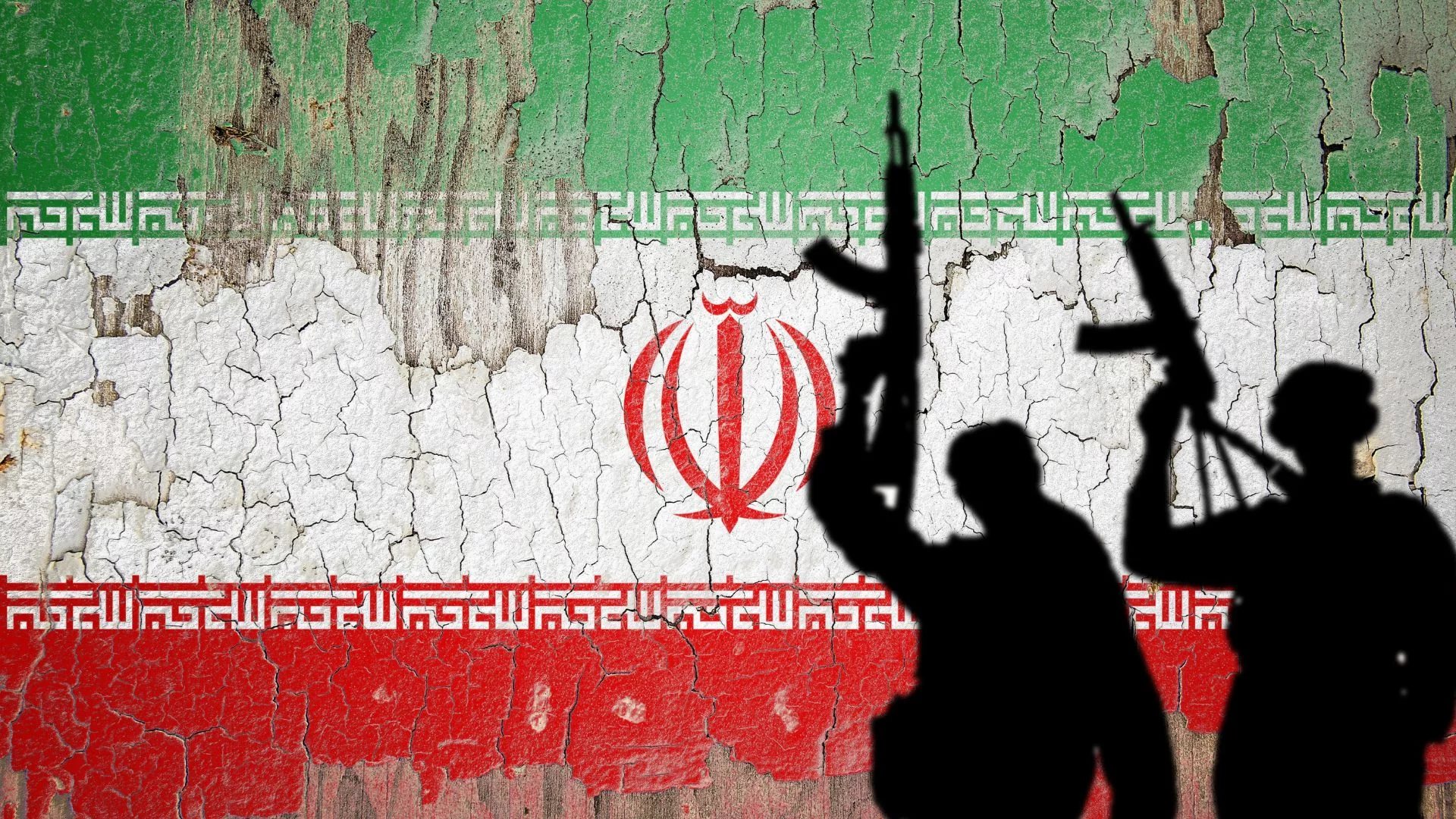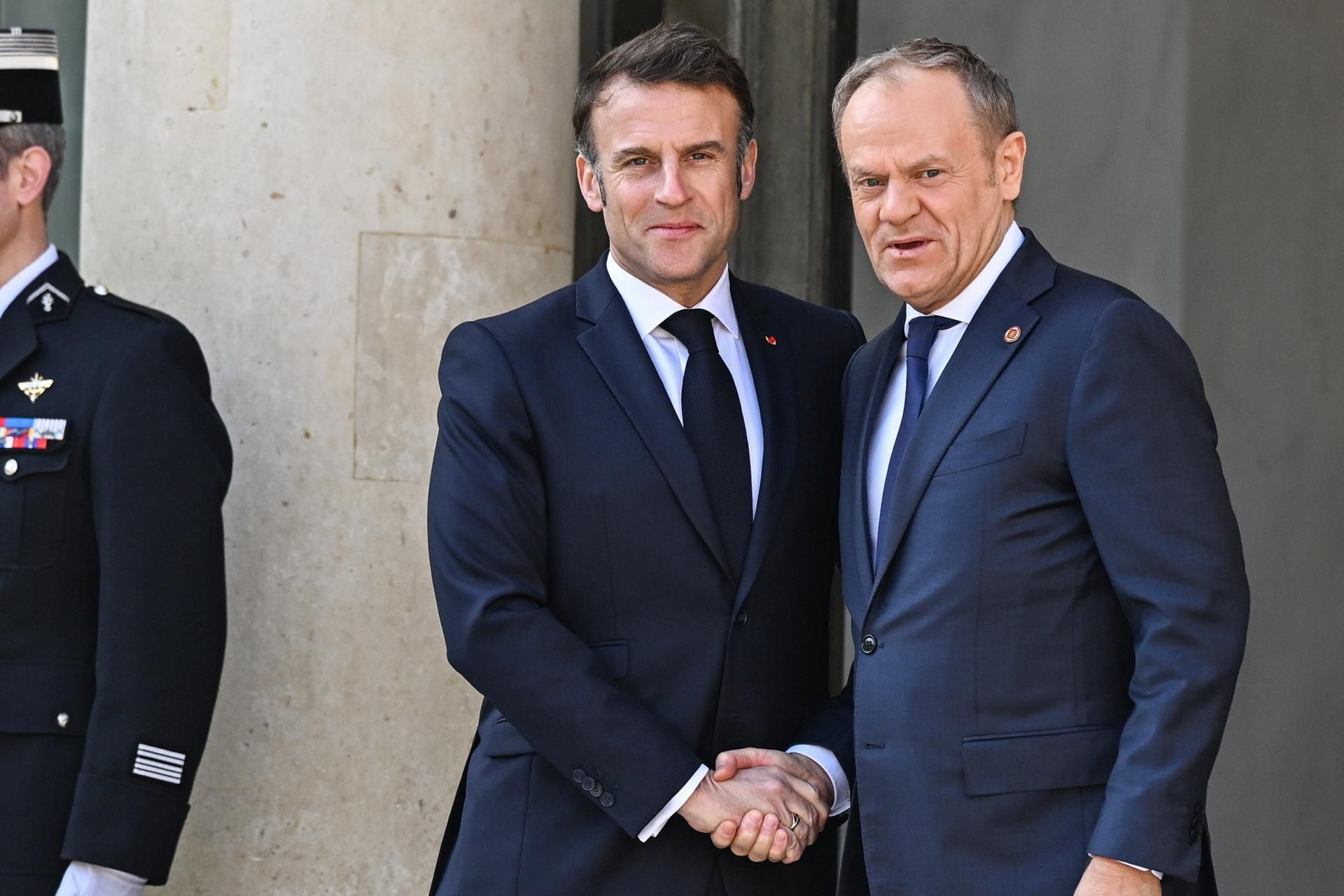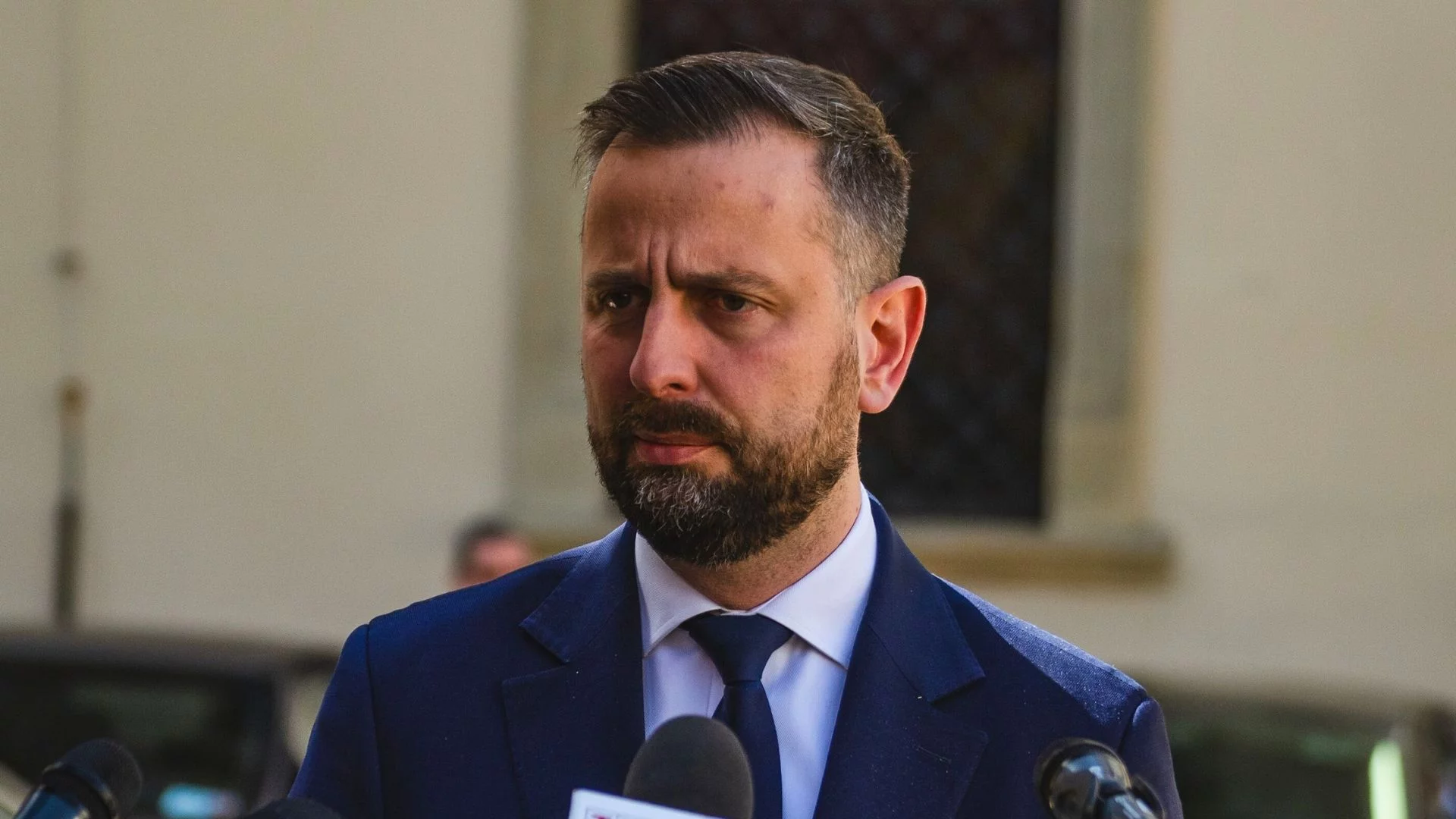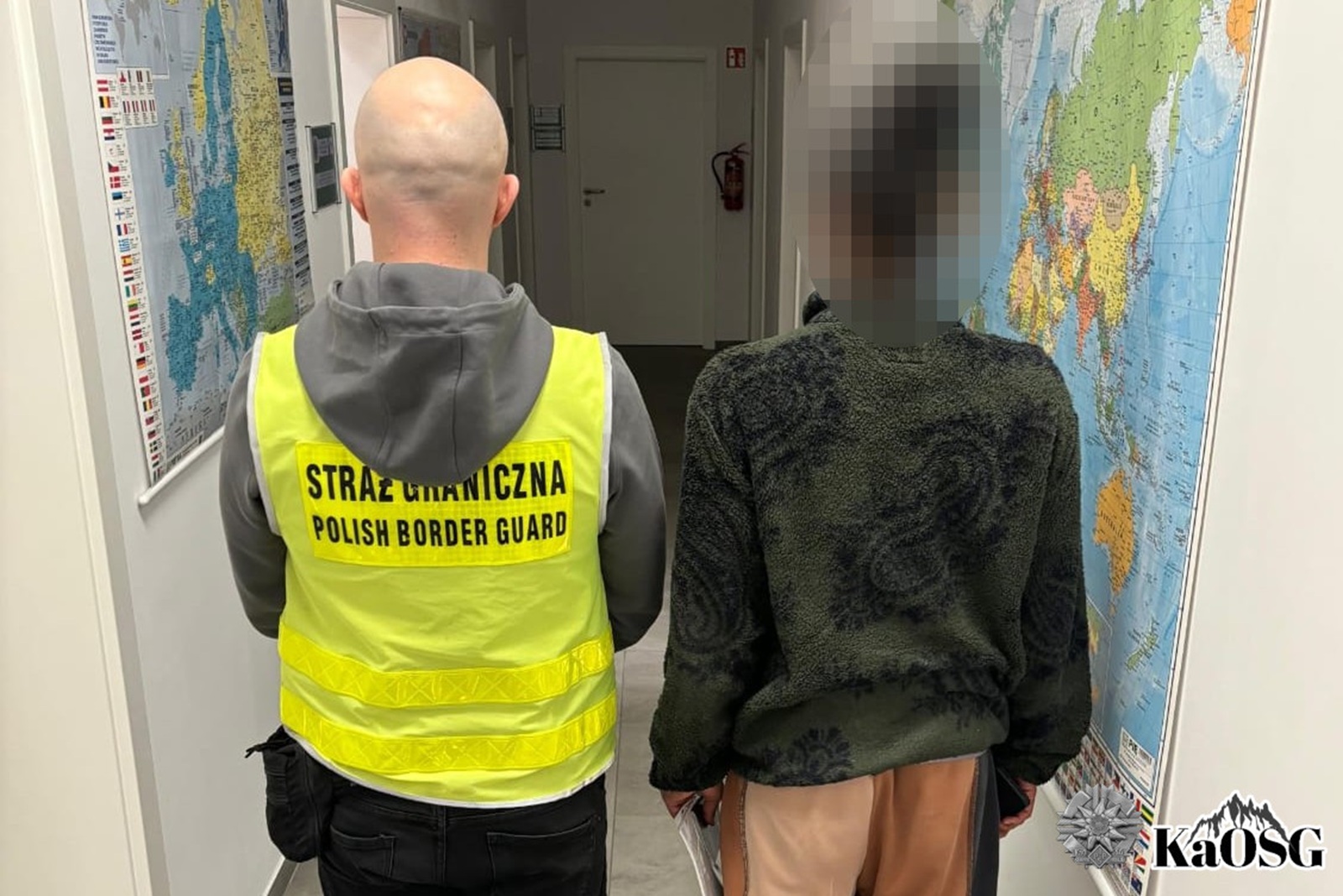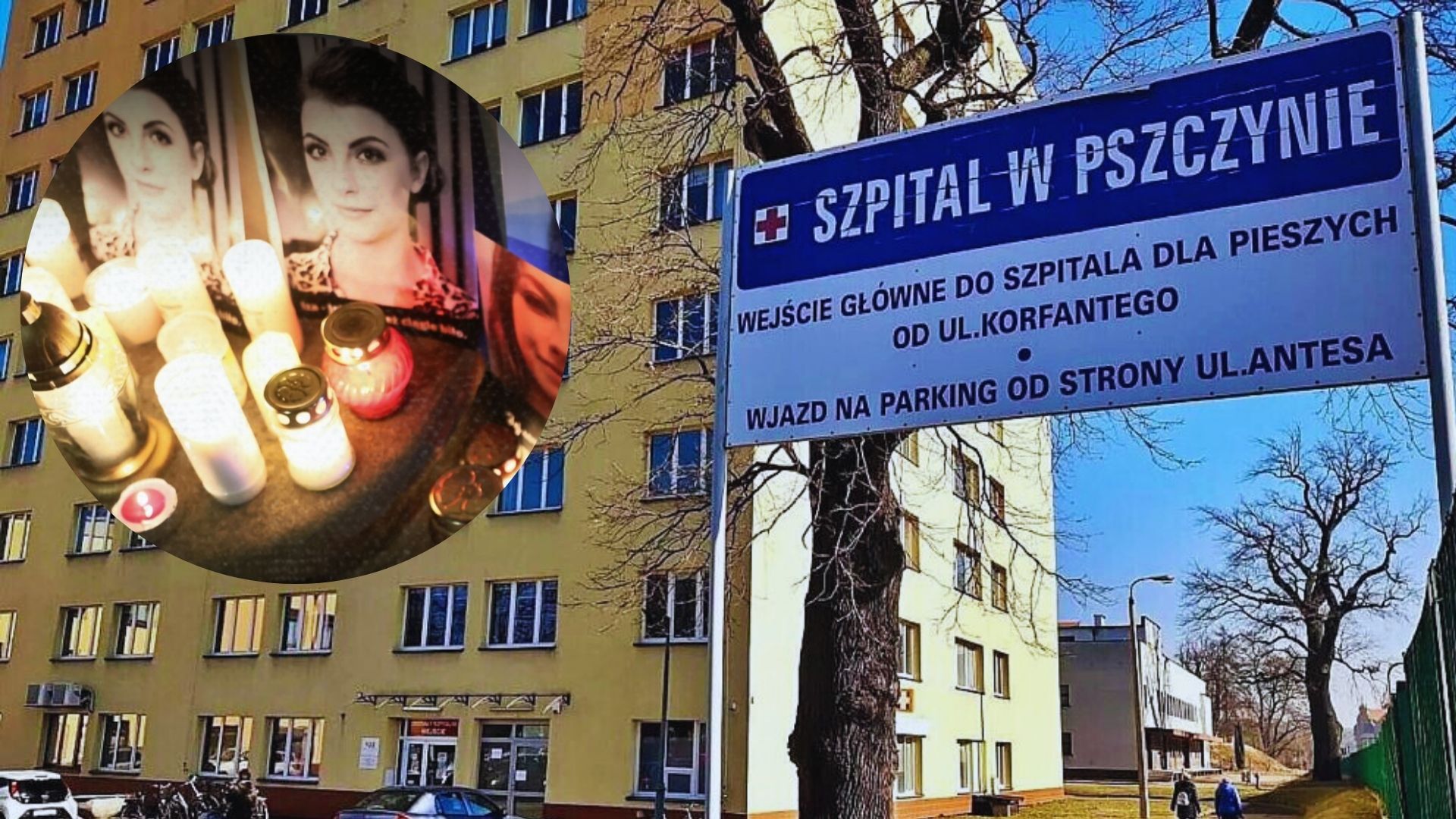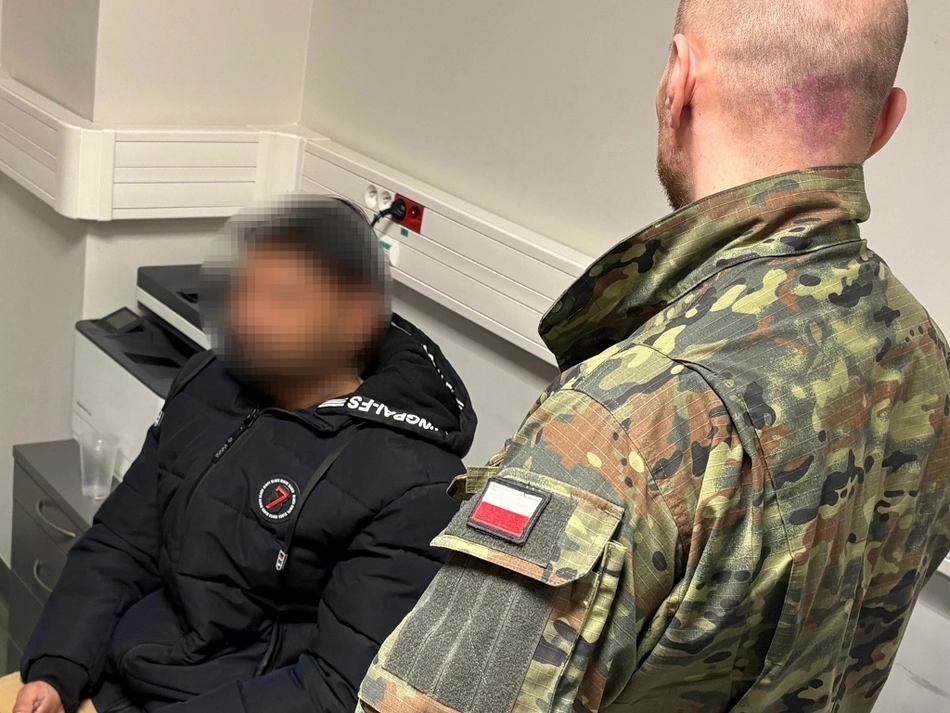The discussion about the movie "White Courage" provokes to deal with collaboration and collaborationism as moral and ideological attitudes (units and social groups and governments and institutions), allowing cooperation with the enemy against its own state and nation during the war.
I am not going to review the movie in terms of historical fidelity or artistic qualities. They'll do it better than I do professional reviewers, pointing out the production of unnecessary forgerys and hoaxes. Even erstwhile the war drama “Goralenvolk” was shown in amateur style, the movie prompts people reasoning about the tragic “time of trial” and exploring the actual past of the phenomenon “Krzeptowszczyzna”.
The feature movie has its rights and gives quite a few interpretative freedom to creators. That is why I am measured by the "holy outrage" of many "corrective guards" only of the right narrative. Important to know and remember that more than 80 percent of Podhale's population did not go on a collaboration with Germany. They came out of tragic oppression with Polish pride and honour. That's why I'm on the advanced side, not the movie script.
Looking retrospectively, all war releases defensive or adaptive reflexes in part of the conquered population or the occupied state. The threat of demolition of national, cultural and political identity raises organised opposition in the form of the resistance. In turn, adaptation is different from opposition to the attitude of waiting. The threat of utmost physical danger can trigger powerful mental, emotional and biological reserves to defend at all costs their own integrity and survival, even at the price of "loss of face" or contempt from their loved ones.
Although the phenomenon is as old as the world, the word "collaborant" (Lat. collaboratus) only appeared in times of Napoleonic wars in relation to smugglers trafficking illegally with England and "coworkers" helping to escape monarchs. Apparently, however, the “trading cooperation with the enemy” is historically associated with Vicha's marshal's government Philippe Pétain 1940-1944. Another symbol of betrayal was the name of the Norwegian military and politician, Prime Minister-Collaborant with Germany Vidkun Quislinga, shot after a court conviction in 1945. "Quislingism" has been referred to various cases of collaboration, from the Czech Republic and Yugoslavia to the Philippines, Korea and China.
The collaboration was characteristic in the relations of parts of the civilian population with the occupying Axis states during planet War II – the Nazi 3rd Reich, fascist Italy and militaristic Japan. Profascist regimes in occupied and dependent countries III The Reichs were disgraced by collaboration in Albania, Belgium, Belarus, Bulgaria, Croatia, Montenegro, Denmark, France, Greece, the Netherlands, Lithuania, Latvia and Estonia, Protectorate of the Czech Republic and Moravia, Romania, Serbia, Slovakia, Slovenia, Ukraine, Hungary, Italy. The most drastic cases concern assistance to the business authorities in identifying judaic people of origin and their deportation to concentration camps.
Collaborative regimes occurred in many east and South-East Asian countries during the Pacific War, as well as after planet War II in countries occupied by the United States, France or large Britain. many and complex collaborations in the post-colonial planet deserve attention.
Poland is simply a glorious exception due to the fact that no authorities have succumbed to the temptation to cooperate with the enemy. There is simply a belief that if individual or group cases of collaboration actually occurred, they were marginal and met with contempt and social condemnation. Since all episode of betrayal is 1 of highly delicate and embarrassing subjects, thus discovering it after years in the form of a historical or artistic form (as in the case of a film), causes fear of scratching wounds hidden but never scarred.
Such topics include, for example, the problem of the General Government, in which Germany mobilised the workforce and utilized many cultural Poles as officials or policemen. Despite moral dilemmas, specified employment was undertaken with the conviction that it would be possible to save itself and others. In this way, standards of coexistence and social relations were devastated. This gave emergence to a belief in the moral purity of any against the absoluteization of the bad choices of others. At the same time, the contempt of the people of the occupied state limited the capacity of collaborators to openly support the hostile regime.
In many occupied countries of Europe and Asia, there was organized opposition alongside collaboration. The answer was "resistentialism", a kind of mythology of actual opposition against enemies (from Fr. Resistance). Against collaboration, the patriotic attitude of Polish Highlanders was expressed in the establishment of the Tatra Confederation, acting in a conspiracy and conducting diversion, sabotage and educational activity between 1941 and 1942, until the bloody pacification by the Germans. And behind the opposition on a large scale was the Polish Underground State.
The assessment of collaboration can be seen through the persistence and scale of force from abroad regimes. another reactions caused conquest and encroachment, resulting in an incarnation into a abroad state organism, and another temporary occupation, based on panic and violence. In the event of territorial conquest and seizure, there was a kind of affirmation erstwhile it was agreed to build a fresh social order and political addiction. The request to regulate the bond between the conquered and the conqueror expressed itself in creating a certain "modus vivendi", a way to survive.
This situation occurred during the period of colonial conquests or partitions, as in the case of post-partition Republic. As a result, the population of colonies and occupations adapted to comparatively bearable and sustainable conditions of functioning and development. For example, in the Russian partition many noble sons were educated in St. Petersburg in military schools, hoping for officer promotions (as in the Dowbor-Muśnicki family), without the hazard of being exposed to the charges of collaboration.
The scope and strength of collaboration have been and are dependent on many factors. It is frequently based on ideological motivations. Nationalist or racist contamination can prompt people to declare loyalty and to “agree” with the occupier. The shaky identity, cowardice, greed, and individual exuberant ambitions, as well as the number of gaining or raising your status, are also common reasons for “going with the enemy”. Nor should we forget that many political choices are based on an ordinary, existential, desire to survive.
As historical examples show, the sources of collaboration include opportunism, giving up moral principles and principles for immediate benefit, a tendency to settle and to avoid a risky fight. Collaboration prompts service to the enemy, at the cost of guaranteeing endurance and ensuring any comfort erstwhile others are killed or persecuted. It can besides be caused by enemy blackmail and specified corruption. Collaborators service as informants, paid spies, and political agents. By their “soldering the soul of the devil” they become hostages of the enemy, frequently without a way back.
Among the researchers of this phenomenon is simply a French-American political scientist Stanley Hoffmann, which distinguished involuntary collaboration (unwilling to accept necessity) and voluntary (trying to usage necessity for certain profits). At the heart of each election lies the conscious calculation of the benefits and losses resulting from the premise, i.e. adaptation to the conditions imposed by the enemy (S. Hoffmann, Collaborationism in France during planet War II, "The diary of Modern History" 1968, vol. 40, nr 3, pp. 375-395).
The derivative of the word “collaboration” is “collaborationism”. It refers to ideological approximation with enemy formations, it is simply a manifestation of legitimacy of organization collaboration in the name of higher values and goals. Examples of collaborationism can be cited, among others: Albanian Fascist Party, Flemish National Union, Rexist Movement Leon Degrelle, Bulgarian-German Agreement, Ustasz-Croatian Revolutionary Movement, Fascist Union in Montenegro, National Solidarity in the Czech Republic, National Socialist Danish Workers Party, French People's Party, Organization of National Forces of Greece, Dutch Union, Lithuanian Activists Front, National Unity in Norway, Iron Guards in Romania, organisation of Serbian Fascists “ZBOR”, Slovak People's Party, Arrow-crossers in Hungary and others.
There were even more military formations, forming pieces of national armies or volunteer troops within the German Army. This form of cooperation besides applies to anti-communist national partisans seeking affiliation with Germany.
The largest formation was the volunteer “arm of ceasefire” of France Vichy, numbering 100-120 1000 soldiers, with a war fleet adm. François Darlan And aviation. In the occupied area of the Republic, the Świętokrzyska Brigade, an armed force of that part of the National Armed Forces, which did not comply with the order of merger with the National Army, operating between 1944 and 1945, is considered to be a collaborate. Among the many Ukrainian formations most celebrated are the Ukrainian Legion and Ukrainian Povs dance Army, the 14th Waffen SS Grenadier Division and the Nachtigall and Roland Battalions. The occupied area of the USSR was distinguished by the Russian Liberation Army (ROA) Gen. Andrei Vlasov and Rona (29th Waffen SS Grenadier Division).
Collaborationism led to complicity in crimes committed by the occupiers during the war. Therefore, this form of cooperation with the enemy was subject to peculiar social ostracism, and sooner or later judgement and reckoning. The punishment was social stigma, public humiliation, and physical liquidation. The executions of the guilty were frequently carried out with the exception of judicial convictions. In France, more than 10,000 collaborators were executed as a consequence of various judicial and extrajudicial procedures.
Different forms of political, ideological, military, economical and cultural collaboration happen in all wars, from the earliest times to rather modern. erstwhile we look at the destiny of Afghanistan under occupations – russian or American – we meet with the mass tragedies of people active in helping interveners (translators, guides, teachers, drivers, suppliers and others) left most of their destiny after their departure. akin phenomena have occurred in Iraq, Syria, Libya. Dramatic phenomena of collaboration happen in areas occupied by Israel and besides in areas of Ukraine occupied by Russia. It is not yet possible to estimation this phenomenon in times of war.
The atmosphere of widespread suspicion of betrayal, tipping, spying on the enemy leads to retaliation and revenge. Often, same - justice and the highest punishment are due to false accusations, slanders, intrigues, and individual actions. The scale of collaboration frequently depends on the size of the collective reaction, but besides individual opposition in individual relationships. Many human dramas against the background of war-based choices and all kinds of traps never come to light.
Collaboration leaves lasting traces in identity and historical memory. It is simply a flaw with a advanced emotional charge, which in retrospect alternatively of facilitating knowing the complexity of the conditions, eliminates moral nuances, obscures political ambiguities, and obscures the boundaries between fact and falsehood, confabulation and selective memory. possibly for these reasons, disputes caused by business and the imposition of abroad bloody regimes will never be full resolved, and the further distant from dramatic events, the past becomes more gracious in the assessment of collaboration compared to modern self-proclaimed judges, to whom no 1 has given moral right to regulation on ancestral guilt. It is never known how they would behave in “a time of glory and betrayal.”
Numerous civilian wars in the post-colonial planet show that the issue of collaboration is inactive highly important. It leads to acute polarization of societies, due to attitudes towards the enemy, occupier or protector. Shifting front lines of militant parties, whether in interior or global conflicts, always forces people to declare loyalty to fresh authorities. erstwhile the ‘old order’ returns, the situation is reversed and the loyalty previously declared means collaboration. 1 specified "dark" cards of the war past of the East Crests is the entering of the Red Army and welcome gestures from part of the population, followed by the re-occupation of these areas by the Germans and settlements for treason. This tragedy was shown, among others, in the movie "Volyn".
The designation and knowing of the heritage of “co-operation” with the occupier or protector should foster knowing of the modern challenges facing nations and governments active in the interplays of various dependencies. War invasions are among the utmost ways to enslave people. Next to them there are more subtle and sophisticated ways of imposing abroad sovereignty utilizing diplomatic pressure, economical pressure, and intellectual “treatment”.
In the climate of pro-war euphoria ruling and their media acolytes, who have late condemned any manifestation of cooperation with the russian hegemon of the times of the Polish People's Republic, as immoral and unpatriotic, or even treacherous, they now accept as a "historical necessity" the attitude of servicefulness and listening to the American hegemony, explaining this with the imperative of survival. The uncritical loyalty of many environments has been transferred unceremoniously and shamelessly, due to the fact that through foolish propaganda, to the fresh Hegemon.
Feared by the threat of war, society allows native Compradorian politicians to experience rhetorical excesses in the name of defending freedom and democracy. This is the consequence of the education of new, frequently hidden and subconscious forms of “alignment collaboration”, dressed in “extravagant” moral norms – the willingness to die for the “Kijow regime” and “Western values in Ukraine” to defeat Putin. This planet of absurdity best illustrates the explanation of the content of the state's rations by the abroad Minister at a conference held at the University of Warsaw on 8 March 2024: "Polish state ration present is that Russia is to lose and Ukraine to win the war”. The fact remains, not so much the alignment of the Polish state with the interests of American hawks, but the deficiency of critical reflection from the technological community.
The flood of media peans and political declarations on the occasion of an different visit to the large Water on 12 March 2024 by 2 of the highest ranks of Polish politicians, following the pilgrimage “ad limina apostolorum”, allows us to consider where the boundaries between desirable and partner alliance cooperation and zealous and faithful acceptance of uninterested interests are going. In addition, Polish initiatives “to advance” about expanding defence budgets of NATO members and winding up arms spirals. "The student" in this respect clearly "fired" and overgrown the "master".
So we live in a time of "peaceful collaboration" not so much with the enemy as with our own ally. The form of asymmetric dependence is simply a origin of discomfort, like any form of force or dictatorship stronger. While “co-operation” of war sharpens and polarizes moral attitudes, peaceable sleeps self-preservation instincts, kills vigilance and sensitivity to hidden and insidious dangers. It introduces alternate moral standards, and the flood of slogans about freedom and solidarity covers the real intentions of defenders of American hegemony. It primarily destroys the reflexes of autonomous and independent reflection and the determination to defend its identity.
Again, it seems essential to "resist" against the engagement of all citizens in a uniform framework of moralism and servulative patriotism, or alternatively a renewed "internationalism", this time under the name of Atlantism. The indisputability of allied cooperation with the US must not mean turning a blind eye to the oppressive tricks of seducing Poles and instrumentalization of the Polish state in the American strategy.
Prof. Stanisław Bielen
Przemyśl Polska, nr 13-14 (24-31.03.2024)





